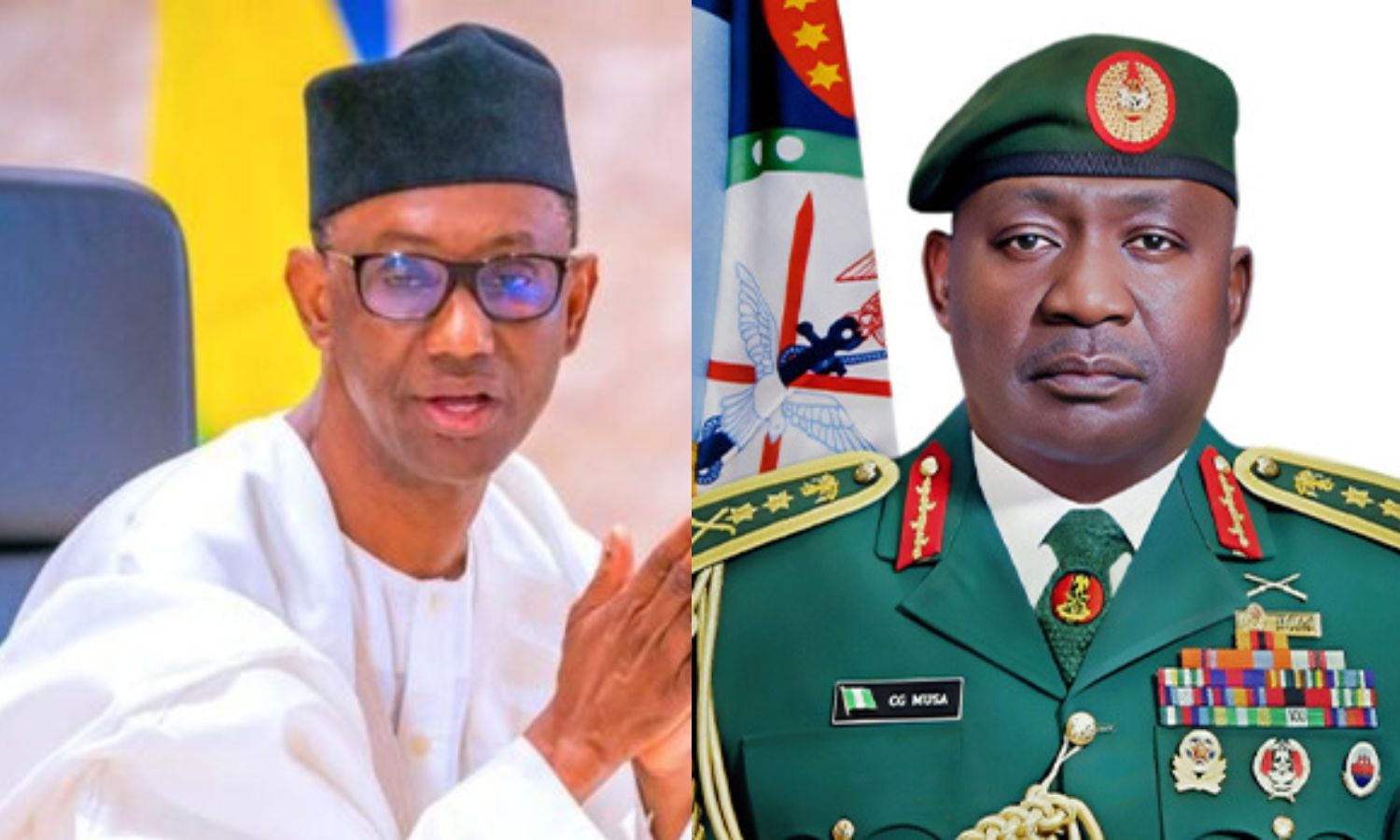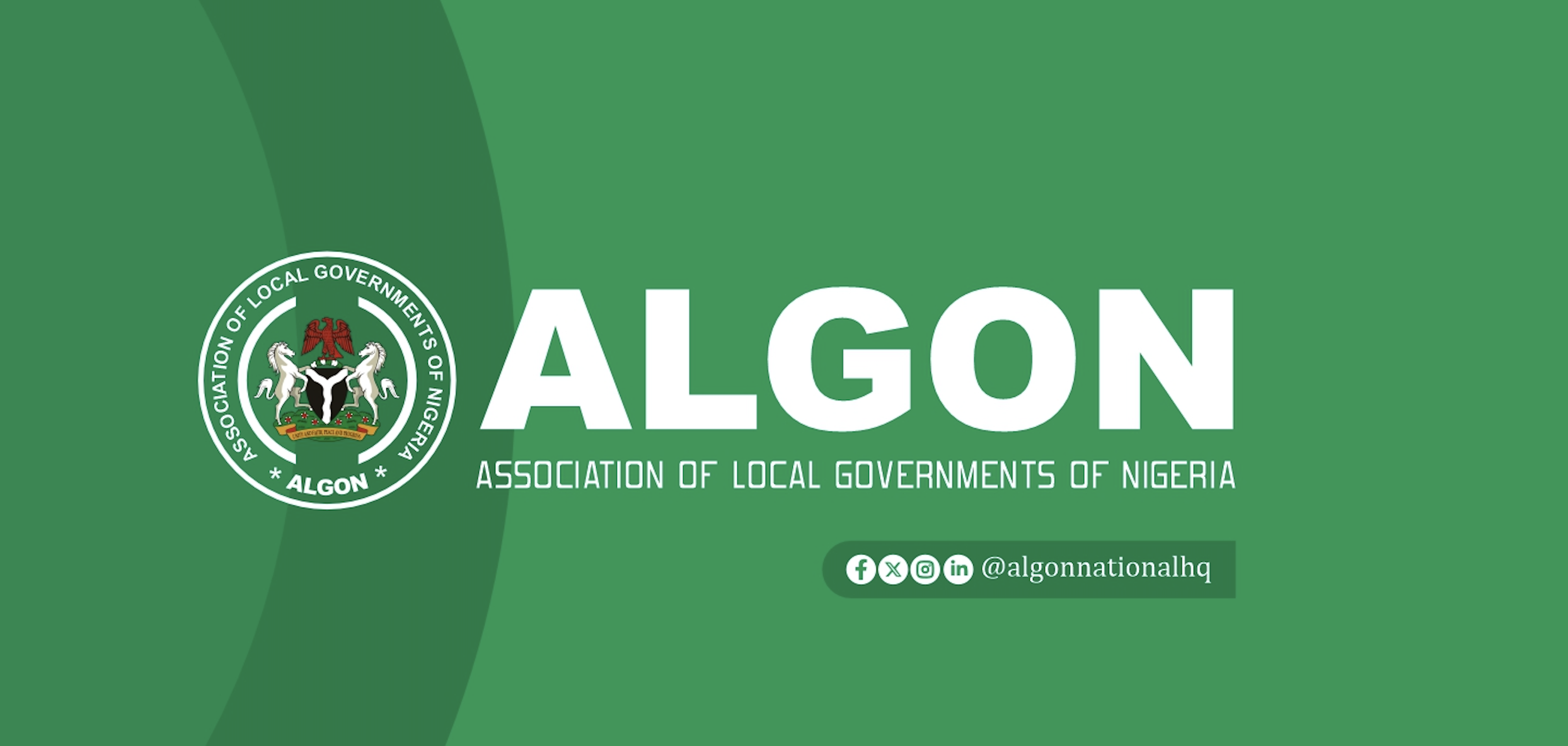Beyond the classroom: Alausa's systemic reboot of Nigerian education
There is a new rhythm in Nigeria’s education system, measured, deliberate, and impact-driven. At the helm is Dr Tunji Alausa, Minister of Education since October 23, 2024, whose approach is not just to rethink education but to rework its machinery, one reform at a time. His model is action-backed: focused on timelines, tools, and tangible outcomes.
Each intervention aligns with a mission to build an ecosystem where learning, safety, innovation, and national development intersect. Quietly and methodically, Alausa is building systems that, if sustained, could become a reference point for transformative governance in education. His work supports President Bola Ahmed Tinubu’s Renewed Hope agenda, prioritising inclusive growth and human capital development.
Strategic shift toward global reform
Now, the future of Nigerian education is being rewritten, through deliberate partnerships that link it to the world. One example is the recent engagement with Loughborough University, United Kingdom. On June 16, 2025, Professor Suwaiba Sa’id Ahmad, Minister of State for Education, received a delegation from the university at her Abuja office, advancing the international collaboration that underpins Alausa’s reform agenda.
The dialogue focused on STEM, TVET, quality education, out-of-school children, girl-child education, and Almajiri integration, areas already mapped out under Alausa’s framework. “We are investing in research,” Professor Ahmad said, “but it’s not just about conducting the research, it must benefit the country.” To structure the partnership, the Ministry announced two Transnational Education (TNE) committees to evaluate six partnership models between Nigerian and global universities.
Professor Sam Grogan, Pro Vice-Chancellor at Loughborough, affirmed the institution’s commitment to align with Nigeria’s national education priorities. Mr. Chris Maiyaki, Deputy Executive Secretary of the NUC, reaffirmed the Commission’s support under its 2023 TNE guidelines. If sustained, this may be remembered as a quiet turning point, where global expertise met local ambition and laid a foundation for a new chapter.
Nigeria’s first anti-bullying policy and dialogue with private school leaders
On January 9, 2025, the Ministry inaugurated a 21-member committee to draft Nigeria’s first National Policy on Anti-Bullying in Schools, including implementation guidelines. It introduced clear rules, digital reporting tools for students, parents, and teachers, and firm enforcement commitments. In a country grappling with anxiety, dropouts, and violence from bullying, this marks a significant step in safeguarding student welfare and mental health.
On May 13, 2025, the Ministry held a landmark strategic meeting with leaders of private school associations, National Association of Proprietors of Private Schools (NAPPS), the Association of Private Educators in Nigeria (APEN), and the World Organisation for Early Childhood Education (OMEP). Instead of top-down speeches, the forum allowed open-floor dialogue on regulation, quality assurance, and collaboration. Stakeholders called it a refreshing change.
A Government–Private Technical Working Group was also announced, institutionalising this collaborative model. Many noted it was the first time in recent memory a federal education minister had created such a participatory space.
Reviving agricultural education and school sports
Alausa’s intervention in agricultural institutions has been decisive. These schools, long diluted by irrelevant courses, were ordered to undergo curriculum realignment, dropping non-agricultural programmes and returning to core agriculture.
A N30 billion investment initiative followed, allocating N1 billion to each of 30 institutions, aimed at establishing mechanised farms and livestock units for hands-on learning and income generation. A STEM-integrated agribusiness curriculum was introduced to equip graduates with modern skills for rural development and food security.
Also in May, the Ministry relaunched the National School Sports Programme in partnership with sports authorities. Plans include reviving NUGA, NSSF games, and inter-school tournaments, along with establishing Sports Centres of Excellence—making physical education a health asset and talent incubator.
Skills, schools, AI, and learning poverty
Alausa’s reform strategy spans the entire education spectrum, creating a unified, outcome-driven system. Under the National Education and Skills Revitalisation Initiative (NESRI), 38 technical colleges have shifted to a practical-intensive model: 80 per cent hands-on, 20 per cent theory. Each now partners with industry to ensure graduates acquire employable skills.
Through the School-Based Management Committees–School Improvement Programme (SBMC-SIP), 1,147 committees received targeted funding to strengthen infrastructure, teacher capacity, and community involvement, ensuring reforms reach the classroom. The Ministry also launched ‘Inspire’ for Students and ‘Ignite’ for Teachers, AI-powered platforms to transform learning. Specialised task forces were established to guide the responsible use of AI in schools.
Alausa is also tackling learning poverty affecting over 45 million Nigerians. A three-part framework was introduced: expanding access, improving outcomes, and enhancing governance. Tools like National Education Data Infrastructure (NEDI) allow real-time tracking of student performance for timely intervention.
His reforms are interconnected: school safety links with local governance; agriculture reform supports food security; digital tools set the foundation for Nigeria’s knowledge economy. As of June 2025, results are showing, anti-bullying policies are piloted, agricultural schools are restructuring, technical colleges are working with industries, school sports have resumed, and digital platforms are reaching classrooms once limited to chalkboards.
Alausa’s reforms are not just academic, they are functional, connected, and transformational. His leadership blends vision and execution, transparency and tenacity, listening and leading. The question is no longer if change is happening, but how far it will go. The answer will depend on sustained political will, continuity, and funding.
Gesinde is an award-winning journalist, political scientist and social commentator.










